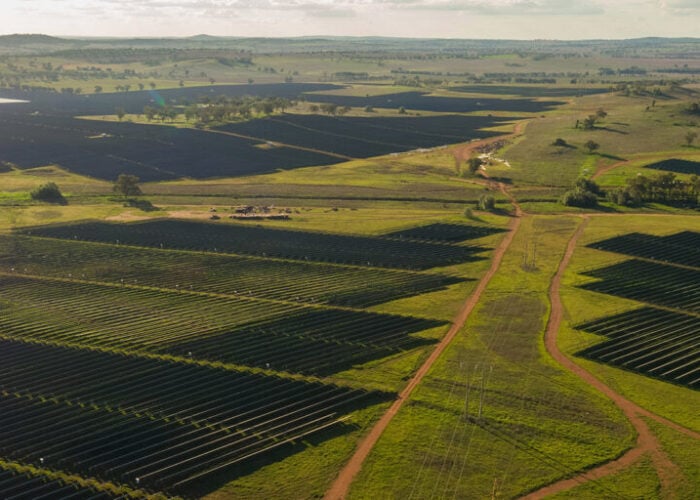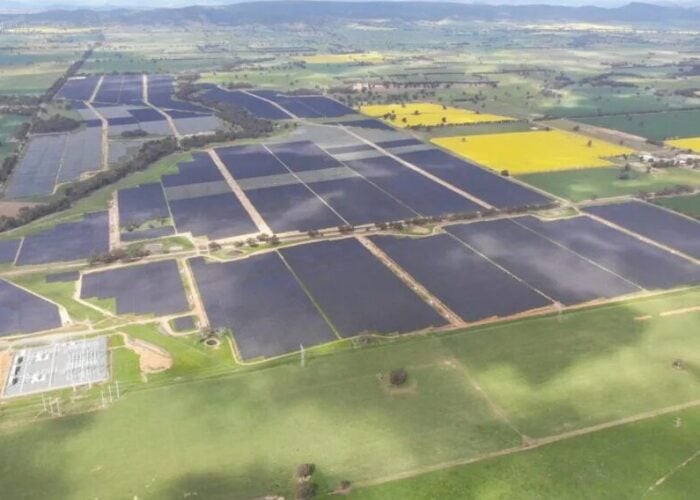
Chinese module manufacturer JA Solar has signed memoranda of understanding with three Pakistani companies to supply 600MW of n-type PV modules.
The company signed the deals with Garibsons, Pakistan’s largest rice exporter; SM Solar, a subsidiary of the Nishat Chunian Group; and Wasiq Traders, a trader of a number of commodities, including PV modules.
Try Premium for just $1
- Full premium access for the first month at only $1
- Converts to an annual rate after 30 days unless cancelled
- Cancel anytime during the trial period
Premium Benefits
- Expert industry analysis and interviews
- Digital access to PV Tech Power journal
- Exclusive event discounts
Or get the full Premium subscription right away
Or continue reading this article for free
JA Solar has made an effort to expand its n-type portfolio in recent years, and launched its first n-type module in 2022. In January 2023, the company completed research alongside German technical services provider TÜV NORD, which showed that its n-type modules produced 3.9% more energy over a one-year period than p-type PERC (passivated emitted rear contact) modules, and the company has sought to sell more of its n-type modules in the months since.
The firm’s latest n-type module, the DeepBlue 4.0 Pro, has a maximum power output of 635MW, and a power conversion efficiency of 22.8%, and these Pakistani deals represent successes in the company’s shift towards n-type products.
While the Pakistani companies have not announced how the panels will be used, the influx of more Chinese modules to the Pakistani solar sector could be of benefit for an industry eager to expand quickly. According to the International Energy Agency (IEA), natural gas, oil and coal dominated the country’s energy mix in 2021, accounting for 29%, 19.9% and 13.7% of the total energy supply, respectively, and the government has set ambitious targets to meet 30% of the country’s energy demand with renewables by 2030.
The news is also an encouraging development for JA Solar, which has sought to expand its global footprint in recent years. The company sold 23.95GW of modules in the first half of last year, and added a further 13.68GW of sales in the third quarter.
International sales are particularly encouraging for the company, with sales to markets outside of China accounting for 52% of the total module sales in the first nine months of 2023, and last September, the company agreed to provide 150MW of modules for a Bangladeshi solar project, as its interest in southern Asia grows.






